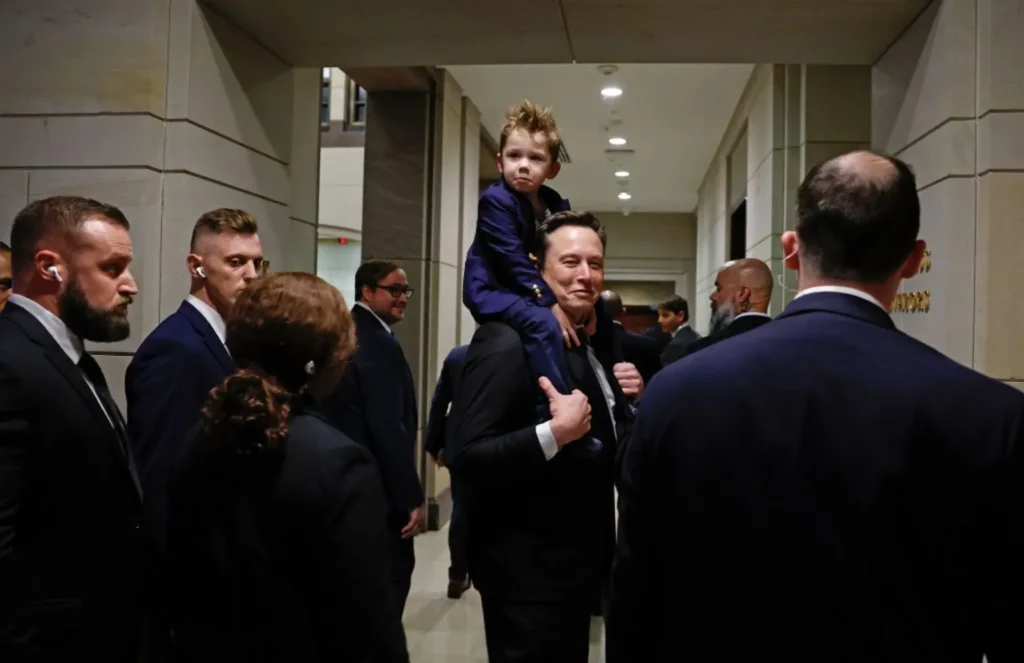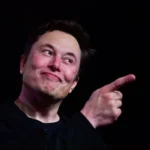How Elon Musk’s Role in the Department of Government Efficiency Could Reshape the Nation
Elon Musk never intended to join the government. He viewed the bureaucracy as inefficient and stifling. However, he saw it as a necessary step as restrictions under Kamala Harris threatened to escalate, posing risks to innovation and economic freedom.
Musk has been vocal about the importance of Donald Trump as a counterbalance to overreach and policies he believes hinder progress. By taking this stance, Musk knowingly placed an even larger target on his back, all for the greater good. His move reflects a willingness to prioritize the future of innovation and entrepreneurship over personal comfort or political safety.

When Elon Musk joined the Department of Government Efficiency (D.O.G.E.), eyebrows were raised. Why would a tech mogul already juggling Tesla, SpaceX, Neuralink, and more step into the bureaucratic quagmire of government? The answer lies in Musk’s track record: his ability to disrupt inefficiency and build lean, effective systems that actually work.
But make no mistake: if Musk’s history is anything to go by, his approach won’t be comfortable for everyone especially not for those profiting from inefficiency.
What Is the Department of Government Efficiency?
The D.O.G.E. is a government initiative designed to identify and eliminate wasteful practices, streamline operations, and maximize the impact of taxpayer dollars. It sounds great on paper, but anyone familiar with government knows how entrenched inefficiencies can be.
Enter Elon Musk: the ultimate problem solver. From transforming Twitter into a leaner (and debatably meaner) platform to revolutionizing industries like space exploration and electric vehicles, Musk has shown he doesn’t shy away from big challenges—or big changes.
2. The Twitter Playbook, Government Edition
Musk’s tenure at X offers a glimpse into how he might approach the D.O.G.E.:
• Radical Cost Cutting: Musk slashed Twitter’s workforce by more than half, focusing only on those who directly contributed to the platform’s core functions. Expect a similar approach in government, where inefficiencies often go unchecked for decades.
• Accountability and Performance Metrics: Under Musk, Twitter prioritized measurable outcomes over vague goals. In the D.O.G.E., this could mean new systems to track government efficiency and reward real results, not just paperwork.
• Tech-Led Transformation: Musk’s expertise in automation and AI could streamline complex government processes, cutting red tape and speeding up services for citizens.
While these methods are bound to ruffle feathers, they reflect a commitment to delivering better outcomes for the majority even if it means disrupting the status quo.


